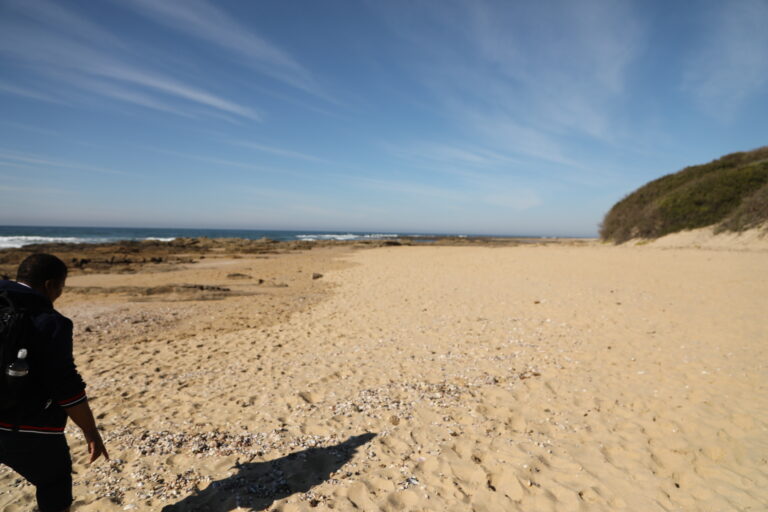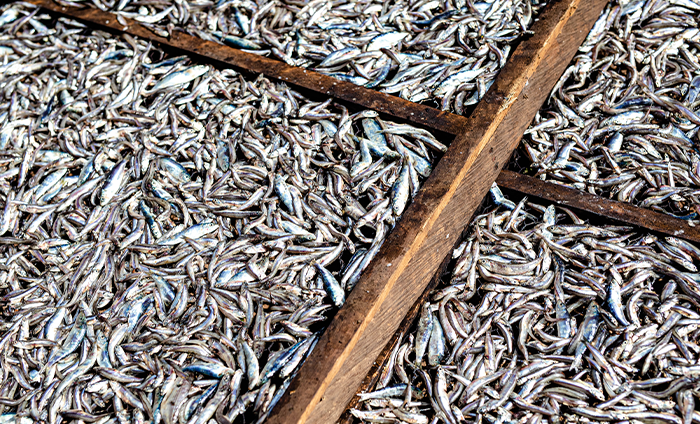Publications

infosheet 7: Environmental injustices and plastic pollution: an example from South Africa
“Key human-rights (info-sheet 5) and environmental-justice (info-sheet 3 and 4) issues related to plastic pollution and ocean plastics in South Africa. This case study highlights: South Africa is one of the largest economies on the African continent, and is also one of the largest polluters of marine plastics. ….” Main artwork: Margherita Brunori
infosheet 3: What is environmental justice: understandings from the global south
“In 2021, a seminal publication by the UN Environment Programme relied on key concepts from environmental justice research to better identify and understand equity and sustainability issues in relation to ocean plastics. The study mainly relied on research carried out since the 1980s in the United States, where the term “environmental justice” was coined to […]
policy brief: The implementation of the WTO Fisheries Subsidies Agreement should Support the Human Rights of Small-Scale Fishers
“This brief summarises key messages on how the implementation of the WTO Agreement on Fisheries Subsidies (AFS) should consider implications for the human rights of small-scale fishers. This brief is based on the One Ocean Hub research article by Switzer, Morgera and Webster, “Casting the net wider? The transformative potential of integrating human rights into […]
Surfacing solidarity praxis in transdisciplinary research for blue justice
“In this article, we centre the knowledge and contributions of environmental justice social movements towards transformations for sustainability in Transdisciplinary Research. Scholar activists within research teams can help bridge networks of scholars with social movement networks to build strongly engaged and relational transdisciplinary research. We draw on reflections and learnings from the Coastal Justice Network, […]
Ocean-defending small-scale fishers in South Africa say NO to seismic surveys
“As part of their Blue Economy strategy, the South African government has granted exploration permits covering 98% of the country’s EEZ. Small-scale fishers and their partners in South Africa have achieved two successful court cases in 2022, halting seismic surveys by multinational companies exploring for oil and gas. Small-scale fishers have led a strategic resistance, […]
Incorporating dead material in ecosystem assessments and projections
“When considering how ecosystems will react to climate change the importance of dead matter has been largely overlooked. Here we discuss why dead material is integral to ecosystem form and function, and why its persistence or degradation must be explicitly included in models considering ecosystem futures in a rapidly changing world…” Main photo: Pippin Searle
A blueprint for integrating scientific approaches and international communities to assess basin-wide ocean ecosystem status
“Ocean ecosystems are at the forefront of the climate and biodiversity crises, yet we lack a unified approach to assess their state and inform sustainable policies. This blueprint is designed around research capabilities and cross-sectoral partnerships. We highlight priorities including integrating basin-scale observation, modelling and genomic approaches to understand Atlantic oceanography and ecosystem connectivity; improving […]
Smoothed particle hydrodynamics for modelling cold-water coral habitats in changing oceans
“The importance of the growth, proliferation and longevity of reef-forming cold-water corals is paramount as they support various complex bio-diverse habitats and provide many essential ecosystem services. These cold-water coral reefs consist of layers of living coral tissue that grow on top of large masses of coral skeleton. Here, the Goldilocks Principle is used to simulate growth in […]
policy brief: Integrating human rights in the regulation and oversight of blue economies and just transitions
“…With growing interest in the human rights impacts of extractive and just transition activities by the United Nations, there is an urgent need to include blue economies, other ocean-related economic development planning, and marine spatial planning into any consideration of the human rights impacts of their policies, plans and projects. It is essential to pay […]








